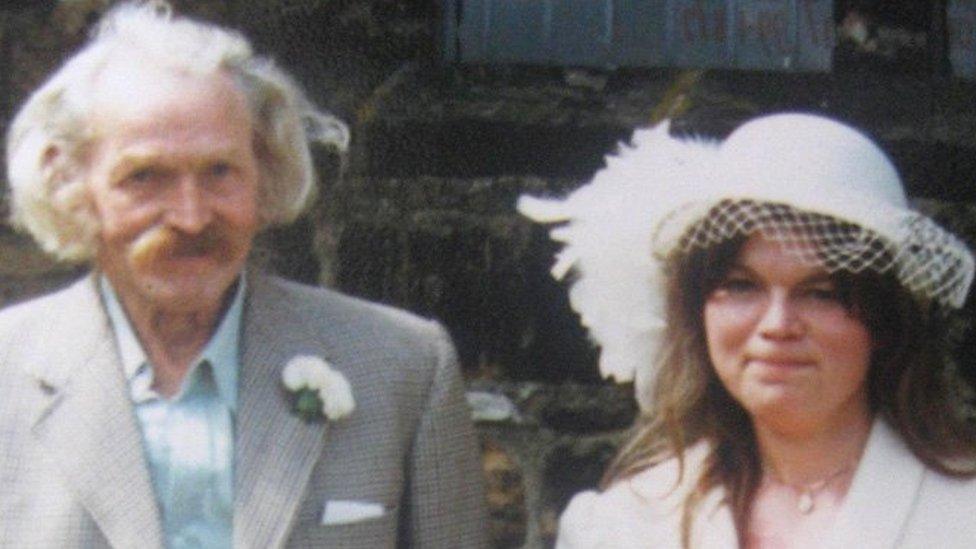Probate charge rise to go ahead despite warning
- Published
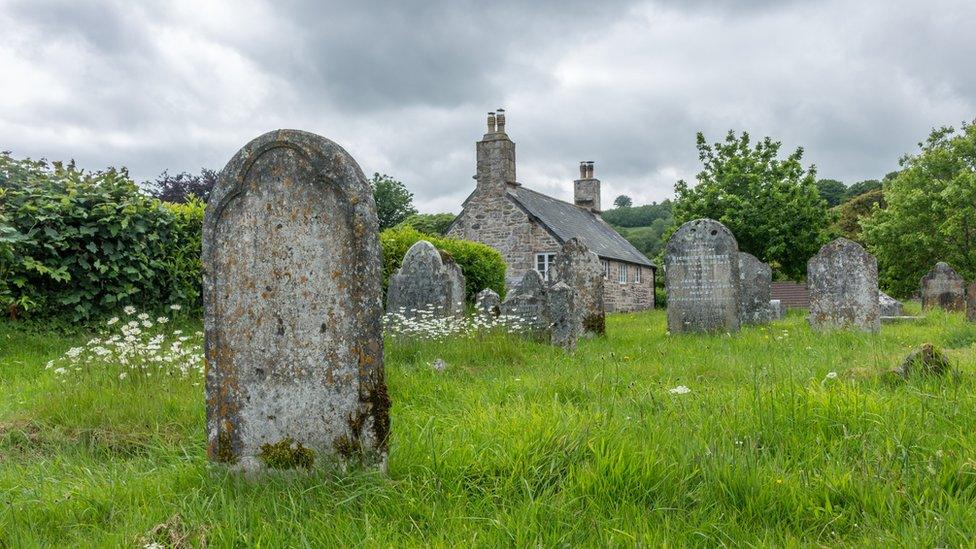
The government will press ahead with a planned rise in probate charges of up to £20,000, despite a parliamentary panel warning it could be illegal.
The Joint Committee on Statutory Instruments says the plan is akin to bringing in new taxes without parliamentary approval.
But the Ministry of Justice says it wants the fees in place for England and Wales "as soon as possible".
The change is designed to raise £300m for the courts and tribunal service.
Probate charges are paid to the government when someone dies and the executor of their estate gathers their assets to distribute to beneficiaries of a will.
At the moment, there is a flat fee of £215 per application for probate, with no fee being paid for estates worth less than £5,000.
But the government proposals will change the fee to a sliding scale of up to £20,000, depending on the size of the estate.
The joint committee said the new charges "appear... to have the hallmarks of taxes rather than fees", flagging up the scale of the proposed increases and saying they were "disproportionate to the service provided by the Probate Registry".
The committee also questioned whether Justice Secretary Liz Truss, who has proposed the changes, could use the provisions of the Anti-social Behaviour, Crime and Policing Act 2014 to bring in the rise without parliamentary approval.
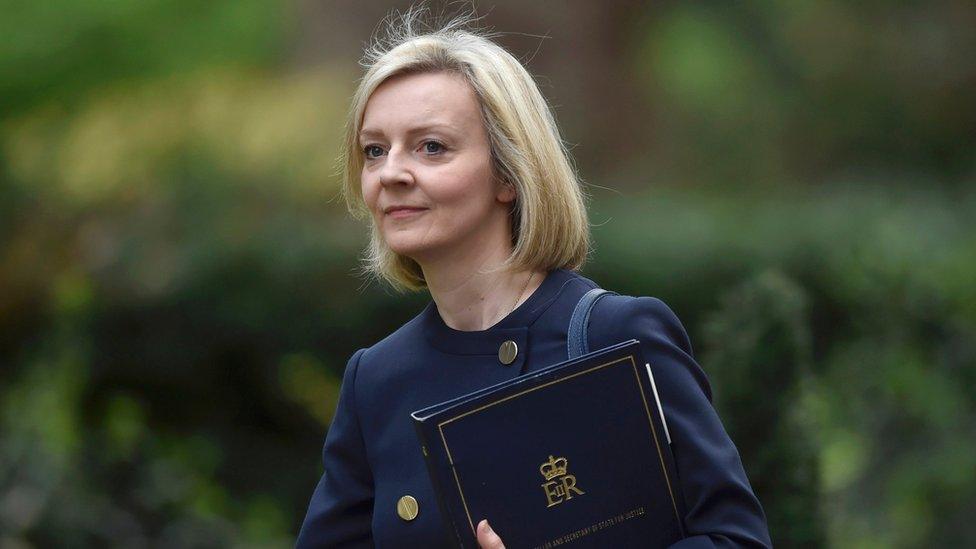
Ms Truss and her department announced the new charges in March.
The report said: "The committee is doubtful whether section 180 of the 2014 Act does in express words entrust the Lord Chancellor [Ms Truss] with the power to impose charges of the magnitude proposed by the draft order.
"It is an important constitutional principle that there is no taxation without the consent of Parliament, which must be embodied in statute and expressed in clear terms."
Despite the report, a MoJ spokesman said Ms Truss' plans "remain unchanged".
"We will introduce a fairer system, meaning over half of estates pay nothing and over 90% pay less than £1,000," he added.
"They will be considered in Parliament after Easter, and come into force as soon as possible."
- Published27 December 2014
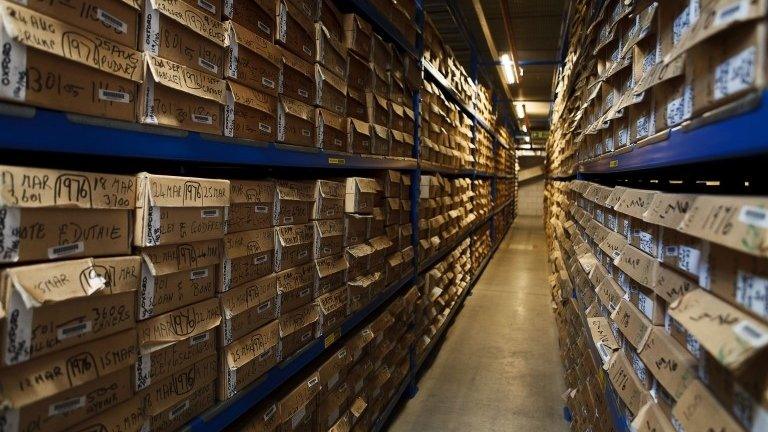
- Published19 May 2016
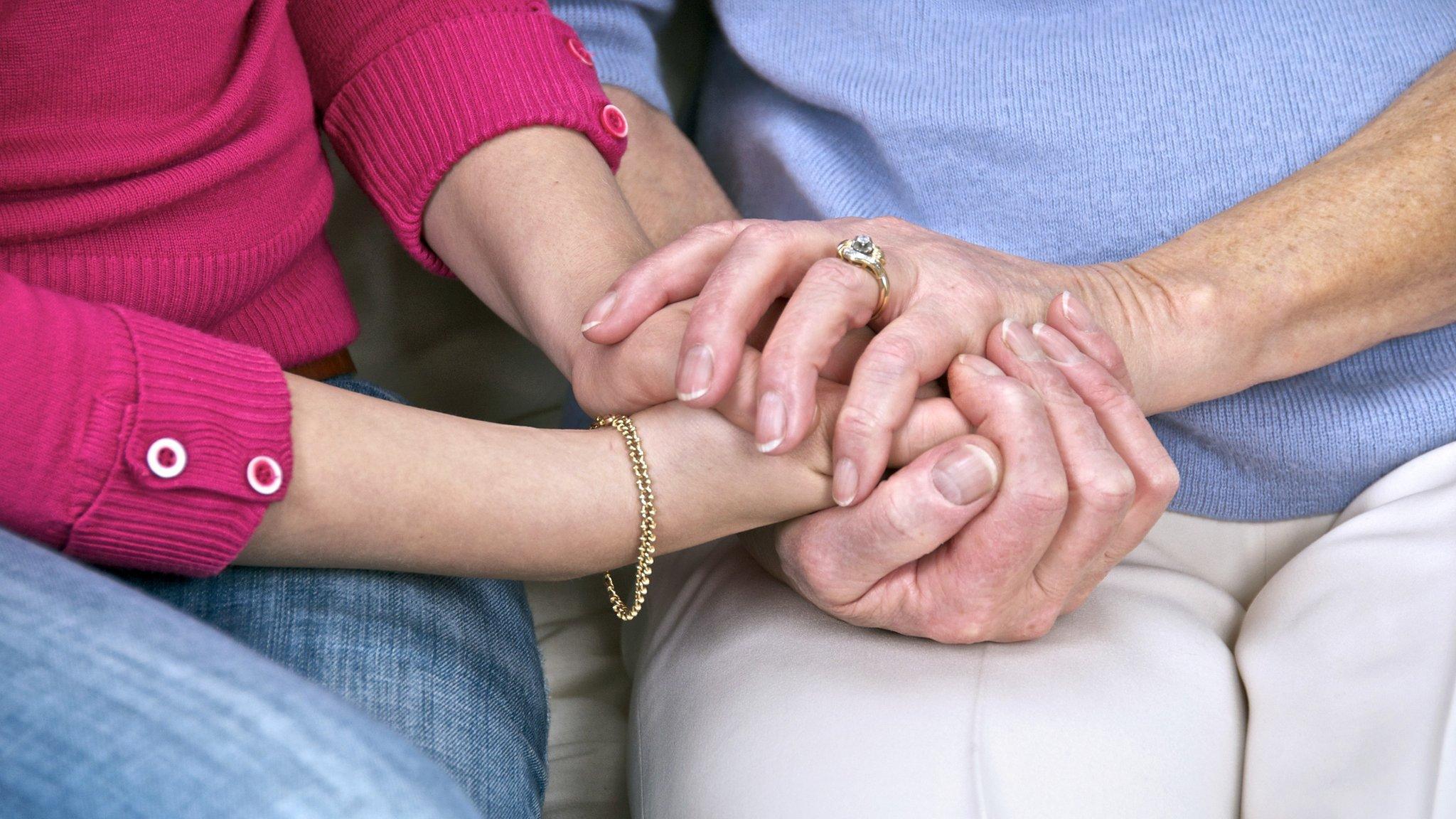
- Published29 July 2015
